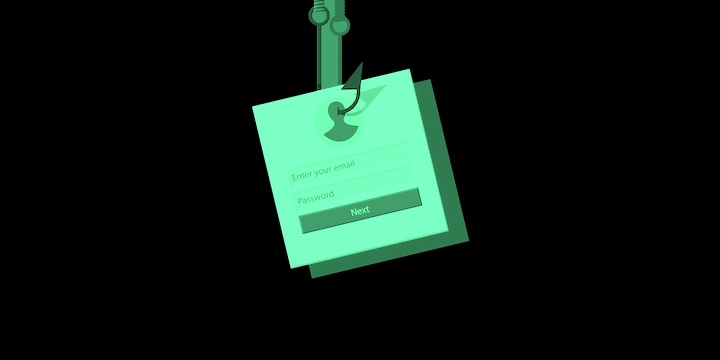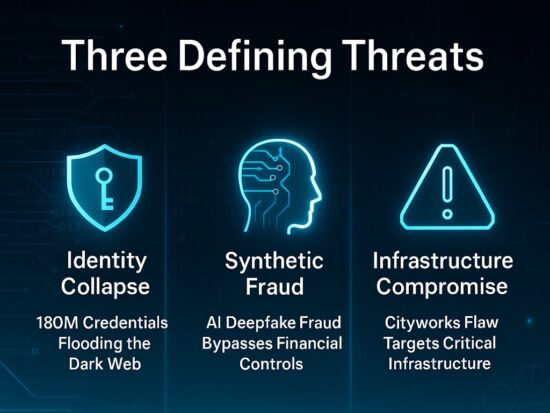In today’s digital age, email has become an essential communication tool, but it has also opened the door for scammers and cybercriminals. One particularly concerning trend involves spam or scam emails that specifically target individuals’ bank accounts or crypto exchange accounts. These deceptive emails aim to trick unsuspecting users into revealing their login credentials, which can result in the theft of money or valuable cryptocurrency assets. This article aims to educate the broader audience about the dangers of such emails and provide essential tips to protect against these fraudulent schemes.
Understanding the Threat
Scammers have become increasingly sophisticated in their attempts to obtain sensitive information. They often employ various techniques to make their emails appear legitimate, using logos, fonts, and language that mimic official communications from banks or reputable crypto exchanges. These emails may claim urgent account issues, pending transactions, or security alerts, creating a sense of urgency that compels recipients to take immediate action.
The Anatomy of a Scam
To better understand how these scams work, let’s examine a common scenario involving a scam email targeting a bank or crypto exchange account:
- Deceptive Email Content: Scammers design emails that mimic official communications, including logos, color schemes, and formatting to trick users into believing the message is authentic.
- Urgent Call to Action: The email typically includes urgent language, warning of account suspensions, suspicious activities, or pending transactions. This sense of urgency is intended to prompt users to act impulsively without thoroughly verifying the authenticity of the email.
- Phishing Links or Attachments: The email may contain links to fake websites or malicious attachments. Clicking on these links or downloading attachments can lead to the installation of malware or direct users to counterfeit login pages designed to steal their credentials.
- Credential Theft: Once users enter their login credentials on these fake websites, scammers capture the information and gain unauthorized access to their bank accounts or crypto exchange accounts.
Preventing Email-Based Scams
Protecting yourself against email-based scams requires a combination of vigilance, knowledge, and security measures. Here are essential steps to safeguard your finances and personal information:
- Exercise Caution: Be skeptical of any email that asks for personal information, especially login credentials. Legitimate financial institutions and crypto exchanges typically do not request sensitive information via email.
- Verify the Sender: Pay attention to the sender’s email address and look for any misspellings or slight variations. Scammers often use email addresses that resemble legitimate ones but contain subtle differences.
- Think Before You Click: Avoid clicking on suspicious links or downloading attachments from unknown or unverified sources. Hover over links to reveal the actual web address and check for discrepancies.
- Use Strong, Unique Passwords: Always create strong and unique passwords for your bank and crypto exchange accounts. Enable two-factor authentication (2FA) whenever possible to add an extra layer of security.
- Enable Spam Filters: Configure your email provider’s spam filters to help identify and block potential scam emails. While they may not catch everything, they can significantly reduce the number of fraudulent emails that reach your inbox.
- Educate Yourself: Stay informed about the latest phishing and scam techniques. Regularly educate yourself about new threats and scams through official sources, reputable cybersecurity blogs, or news platforms.
As cybercriminals continually evolve their tactics, it is crucial to remain vigilant and informed about email-based scams targeting bank accounts and crypto exchange accounts. By understanding the anatomy of these scams and implementing security measures, you can protect yourself from falling victim to these fraudulent schemes. Remember to exercise caution, verify senders, avoid clicking suspicious links, use strong passwords, enable spam filters, and stay educated. Safeguarding your financial information is a shared responsibility between individuals and financial institutions. If you receive an email that raises suspicions, contact your bank or crypto exchange directly through their official website or customer service hotline to verify its authenticity. By staying proactive and alert, we can help mitigate the risk of falling victim to these email scams and protect our hard-earned money and valuable cryptocurrency assets.





